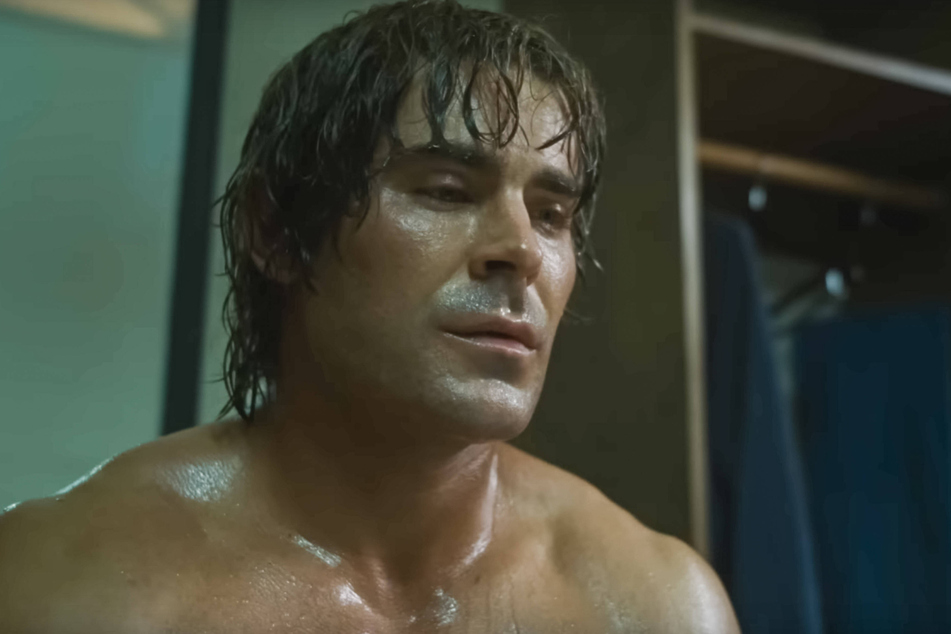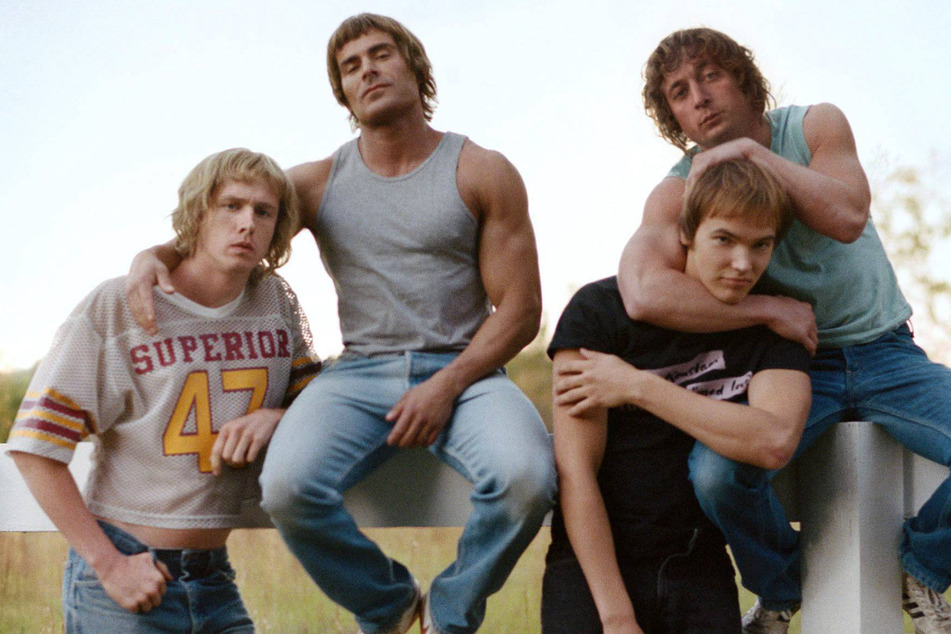Zac Efron's emotional struggles during Iron Claw fliming: "Don't cry!"
Los Angeles, California - The director of Zac Efron's heartbreaking new wrestling film, The Iron Claw, said it was a battle to keep the emotional star from turning on the waterworks during filming.

Efron, who made his name in wholesome Disney films like High School Musical, is almost unrecognizable thanks to the extreme bodybuilding preparation he did for the role as real-life wrestler Kevin Von Erich.
But director Sean Durkin said the biggest challenge was keeping him from crying.
"Zac is such a committed, generous guy. He's so full of emotion," Durkin told AFP.
"So much of the direction was telling him, 'Don't cry – not yet, not yet!' Until we shot the final scene on the final day, and I could say: 'OK, now you can let it all out.'"
"And he did, for take after take after take."
The story behind Zac Efron's new movie

Fans of Hollywood hunks Efron and Jeremy Allen White may be excited to see them parade around a ring half-naked for much of the new movie.
But they should be prepared for one of the grimmest portrayals of American sports ever put on screen, in the true-life tale of the Von Erich wrestling family from the 1970s and 1980s, who were pushed into tragedy by a success-obsessed father.
Iron Claw, which features White's first major role since his award-winning turn in the hit series The Bear and a much-discussed Calvin Klein ad, is being released around Europe in the coming weeks.
It may focus on the world of wrestling, with its unlikely mix of athleticism and pantomime, but it is really about the "lie of the American Dream," Durkin said – the idea that pushing to be the best at any cost is the only way to survive.
"It's pertinent now because we finally have language about mental health, but it's only in the last couple years that you hear athletes talking about it," the 42-year-old director said.
The early days of wrestling were particularly extreme, with performers on the road most of the year with little support.
"These guys were putting their bodies on the line day after day for entertainment's sake, and if they couldn't wrestle, they were done," said Durkin.
"The irony is they express all these emotions in the ring – the highest highs, the lowest lows – but they get backstage and they aren't allowed to show any of it because of this old-school nonsense notion of what it means to be a man."
Cover photo: IMAGO / Landmark Media

